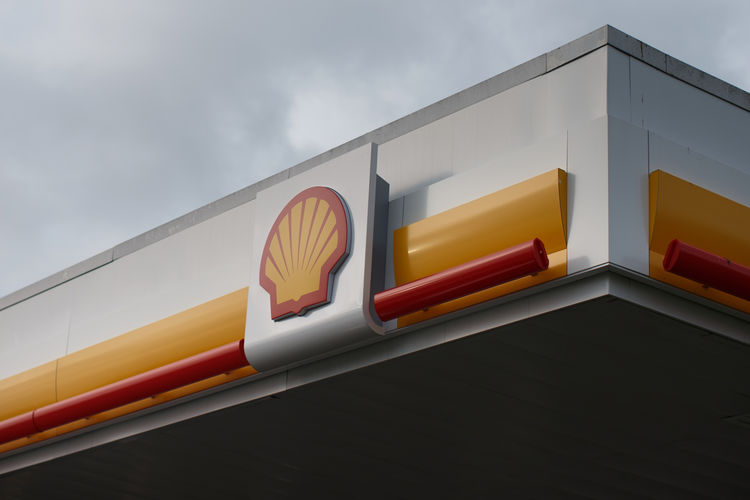- Nigeria Loses N3.45bn Daily as Shell Shuts Bonga
Nigeria’s first deepwater development, the Bonga field, has been shut down, causing oil firms and the nation a huge loss of revenue estimated at N3.45bn daily.
Shell Nigeria Exploration and Production Company Limited announced on Monday that the field was shut down on Saturday to enable it to commence turnaround maintenance on the field.
It said, in a statement signed by the Corporate Media Relations Manager, Precious Okolobo, that executing the statutory activities would ensure continuous optimum operations at the deepwater field, which began producing in November 2005.
Production from the field is expected to resume at the conclusion of the exercise next month, according to SNEPCo.
The Managing Director, SNEPCo, Mr. Bayo Ojulari, was quoted as saying, “The exercise will help ensure sustained production and reduced unscheduled production deferments. This is the fourth turnaround maintenance since Bonga began production.”
A major focus is the Bonga Floating, Production, Storage and Offloading vessel, which is at the heart of the Bonga operations. The Bonga FPSO has the capacity to produce 225,000 barrels of oil and 150 million standard cubic feet of gas per day.
Reuters reported that market sources had expected work on the field because there were no exports planned in March, compared with typical exports of roughly 200,000 barrels per day.
Using an oil price of $54.4 per barrel, as seen on the Central Bank of Nigeria’s website, the 200,000 bpd would amount to $10.8m or N3.32bn (at the official exchange rate of N305.25 per dollar).
With the price of natural gas put at $2.83 per 1,000 scf as of March 3, 2017, the 150 million scf capacity translates to a loss of $424,500 or N129.58m.
The shutdown of Bonga field is coming a year after Shell declared force majeure on Forcados export after the terminal was shut. It has yet to be lifted as of the time of filing this report.
The force majeure, a legal clause that allows it to stop shipments without breaching contracts, came a week after the Forcados export line was attacked by militants in the Niger Delta.
According to the Nigerian National Petroleum Corporation, at the Forcados terminal alone, about 300,000 bpd were shut-in since February 2016 following the force majeure declared by Shell Petroleum Development Company.
“For the Bonga team, this is another opportunity to excel, having won the ‘Asset of the Year’ Award 2016 in the Shell Group, followed by runners-up in Norway and Malaysia. We are pleased that the award recognised the continuing collaboration towards optimum production with a focus on safety, cost and Nigerian content development, which will be invaluable in the maintenance work,” Ojulari said.
Bonga is in depths of more than 1,000 metres and is located 120 kilometres offshore Nigeria, according to the statement.
SNEPCo said it expanded the project with further drilling of wells in Bonga phases 2 and 3 and through a subsea tie-back that unlocked the nearby Bonga North West field in August 2014. Bonga Phase 3 achieved first oil in October 2015.
SNEPCo operates Bonga in partnership with Esso Exploration and Production Nigeria (Deep Water) Limited; Total E&P Nigeria Limited; and Nigerian Agip Exploration Limited under a Production Sharing Contract with the NNPC.

 Naira4 weeks ago
Naira4 weeks ago
 Naira4 weeks ago
Naira4 weeks ago
 Travel3 weeks ago
Travel3 weeks ago
 Naira3 weeks ago
Naira3 weeks ago
 Jobs4 weeks ago
Jobs4 weeks ago
 Naira3 weeks ago
Naira3 weeks ago
 Investment4 weeks ago
Investment4 weeks ago
 Travel4 weeks ago
Travel4 weeks ago




























